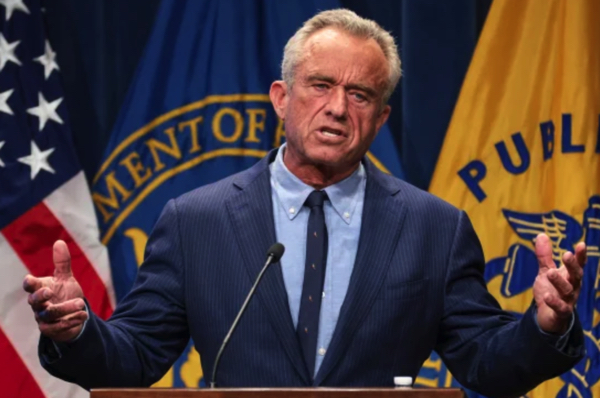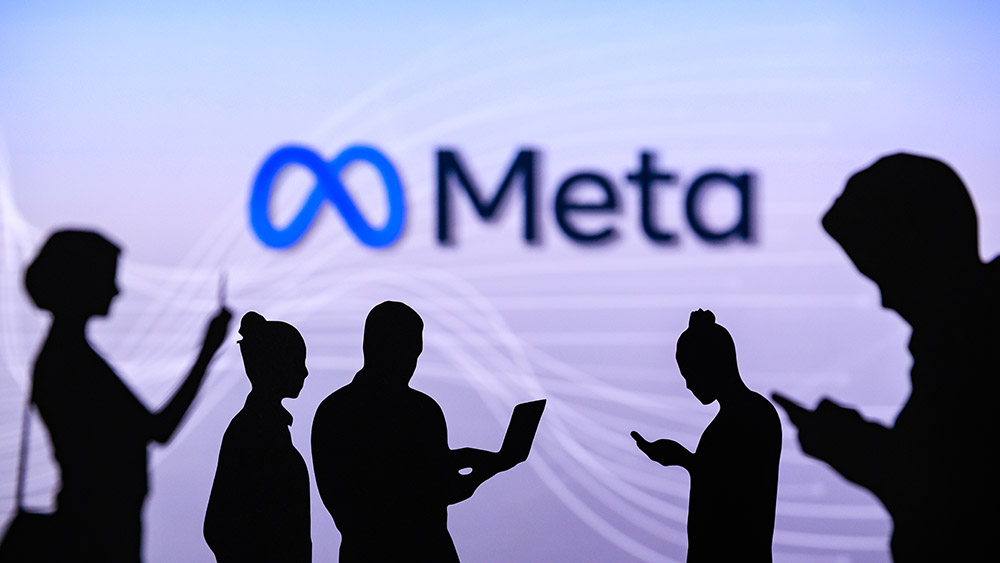© Brighteon.com All Rights Reserved. All content posted on this site is commentary or opinion and is protected under Free Speech. Brighteon is not responsible for comments and content uploaded by our users.
significant implications for news organizations and social media users. In anticipation of the potential approval of Bill C-18, also known as the Online News Act, Meta is preparing to implement a test strategy that would restrict certain Canadians from sharing and posting news content on Instagram and Facebook. The bill seeks to compel major digital companies to establish agreements with Canadian media publishers, directing users to and facilitating the sharing of online news. Raisa Patel provides insights into what Canadians can anticipate from this test and delves into the reasons behind Meta's controversial decision.
According to official sources in Ottawa, the federal government presents the bill as a means to foster a more equitable relationship between news outlets and digital platforms, which are deemed to unfairly dominate the digital advertising market. Torstar, in support of the bill, has already established news sharing agreements with Facebook and Instagram.
However, here's the twist: individuals selected for the test as social media users will not receive prior notification. Instead, they will discover that they are unable to share news content on their profiles only when they attempt to do so and receive a notification indicating the restriction.
Concerns have arisen in the aftermath of this development, with members of parliament and senators questioning whether removing trusted news sources from online platforms might enable the unbridled spread of misinformation.
In Ottawa, Meta faced a barrage of inquiries on Friday regarding the potential consequences of its decision to block Canadians from sharing news on Facebook, raising concerns about the amplification of misinformation on social media. The tech giant persisted in its criticism of the government's online news bill.
Last week, Facebook's parent company issued a cautionary statement against Bill C-18, a proposed legislation aiming to compel tech giants like Facebook and Google to share a portion of their revenue generated from linking news content on their platforms with the news outlets responsible for producing the articles. The bill seeks to support Canada's struggling journalism industry, as digital giants currently extract the majority of online ad revenues from the shared content.
During a session with the House of Commons heritage committee this week, Meta reaffirmed its earlier threat. Kevin Chan, the global policy director of the multinational tech company, expressed the need for transparency regarding the potential necessity to reconsider allowing the sharing of news content on Facebook in Canada due to the proposed legislation. Chan cited the bill's false assumptions and its creation of unprecedented financial liability for news links and content, which contradicts the logical functioning of Facebook.
Federal sources informed the Star that while they found the move "unfortunate," they were not taken aback by the warning since Meta had previously followed through on a similar threat in Australia when the country introduced comparable legislation. The company later reversed its decision after amendments were made to the bill at the request of Australia's treasurer.
Unlike Google, Meta had maintained relative silence regarding its concerns with Bill C-18. However, in a blog post published last Friday, the company disclosed that it was contemplating extreme measures for several reasons. One of the key arguments presented was that Facebook had delivered approximately two billion clicks to news publishers, which equated to a value of over $230 million, between 2021 and 2022.
Chan contended that the bill unjustly subsidized legacy media companies that struggled to adapt to the online landscape, thereby harming competition, smaller digital news outlets, and public trust in the media.
Instagram, Facebook to block news for random Canadians, this has been happening for years now





